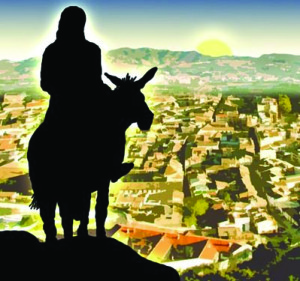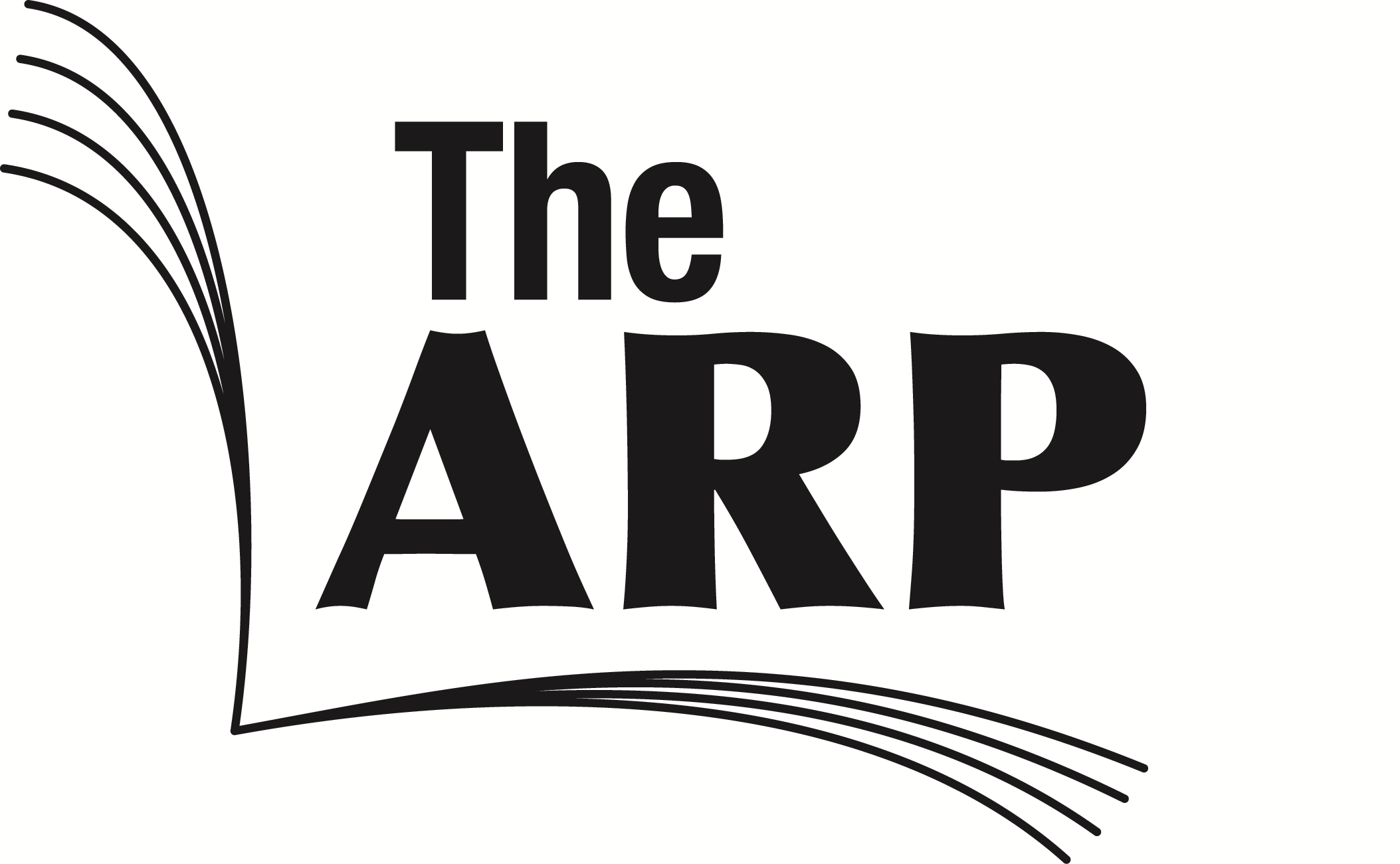 The nature of the Messiah can be clearly seen in the events of Palm Sunday. These events were not created in a vacuum; they were preceded and followed by other events that gave them meaning.
The nature of the Messiah can be clearly seen in the events of Palm Sunday. These events were not created in a vacuum; they were preceded and followed by other events that gave them meaning.
The story of Palm Sunday really begins when Jesus first set his face toward Jerusalem. The disciples had heard Jesus talking about the Kingdom, which would come soon. So when they heard Peter say Jesus was the Messiah, they thought, “This is it! Jesus, our Messiah, is going to Jerusalem to take his rightful place on the throne of David. God has sent Jesus to save us from the Romans.”
Believing Jesus would surely triumph, they began arguing about who would sit at Jesus’ right hand in the Kingdom.
To add to this air of expectancy, Jesus made a dramatic entrance into the city. When Jesus arrived in Jerusalem, the first thing he did was send two disciples to borrow a colt. When we think of Jesus riding the little colt, we may think, “How meek and mild Jesus was, riding on that humble little colt.”
Fulfilling Prophecy
Humility was part of why Jesus rode the colt, but every good Jew who knew his Scripture knew Jesus would ride a colt into Jerusalem. To them, it wasn’t a sign of humility, it was Jesus proclaiming, “I am the Messiah.”
This colt was evidently important to Mark. He only wrote 11 verses about Palm Sunday, and six of them are about the colt. Picture Jesus riding into the city on that young donkey, with people shouting, “Hosanna! Hosanna!” and laying down their coats for him to ride over. The shouting continued that God’s Kingdom was coming.
But we all know the glory of that moment did not last long. Jesus and the disciples did enter the temple, and Jesus proceeded to cleanse the area. He also answered the Pharisees tricky questions and even healed a blind man before things changed drastically.
The crowds that had yelled, “Hosanna!, Hosanna!” at the beginning of the week, were now yelling, “Crucify!, Crucify!” by the end of that week and asking, “What kind of a messiah are you? You claim to be the Messiah, but you won’t even conquer the Romans!”
Why did the crowds turn against Jesus? The people were angry because Jesus was not the kind of messiah they had expected – one who would establish an earthly kingdom – one who would conquer the Romans.
They forgot Jesus had plainly said He would suffer. Everyone recognized that his riding a colt was a fulfillment of prophecy, but they failed to remember the meaning of the prophecy, which said the Messiah would ride a lowly colt, because He would be no ordinary king. He would be different.
If it were not for the cross, Jesus would not be our King in Heaven. It is Jesus’ death that sets us free to be followers of Jesus. Jesus was and is the Messiah, but the only crown he wore on earth was a crown of thorns.
Obey and Serve
In his letter to the Philippians, Paul wrote, “Being found in human form, Christ humbled himself and became obedient unto death – even death on a cross.” Jesus could have called the angels down from Heaven to rescue him from death, but He humbled himself to his Father’s will to die on a cross for our salvation. That’s why He is our Messiah.
Paul continued writing, “Let this mind be in you which was in Christ Jesus, who, though being in the form of God, did not count equality with God a thing to be grasped, but emptied himself, taking on the form of a servant, being born in the likeness of human beings.”
The mind Paul refers to is Jesus’ willingness to obey and serve. Jesus was the Son of God. He chose to take on the role of a servant, obey God and die on a cross for our sakes. We can learn from his example. We too should be obedient to our heavenly Father.
On Palm Sunday, we hail Jesus as King, and our children wave palm branches and sing, “Hosanna, Loud Hosanna!” It’s easy to follow him now, but don’t be deluded into thinking people will always hail Jesus as King. Before the week is over, He will be hanging on a cross. Where will you be then?
Our faith is safe in the resurrection and God’s promise to every believer.
